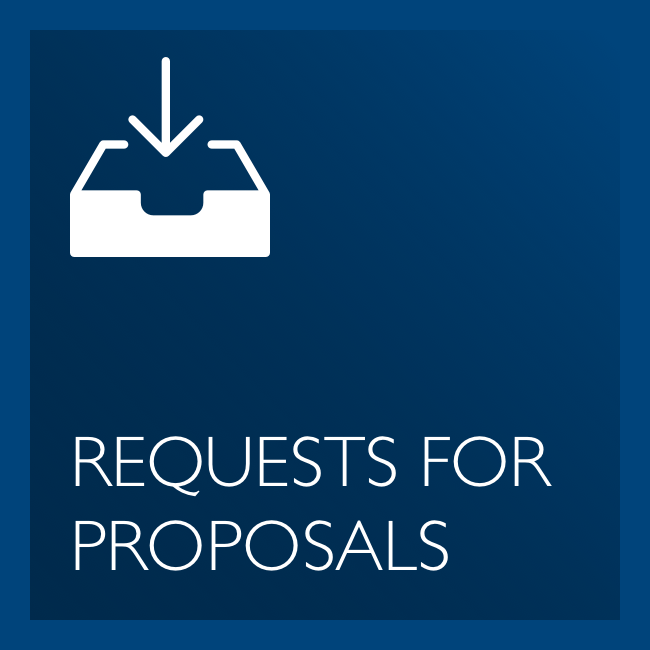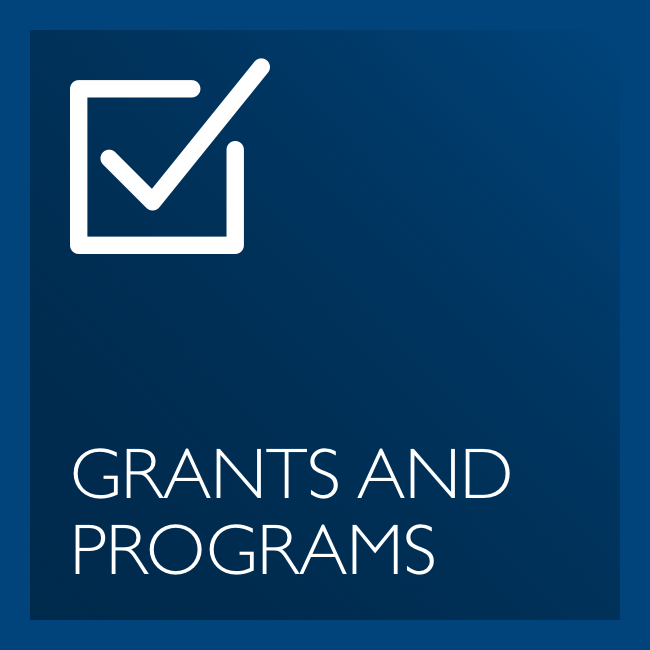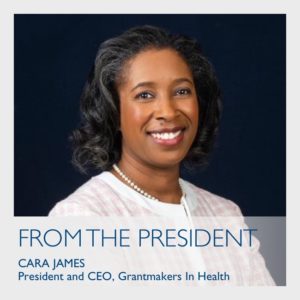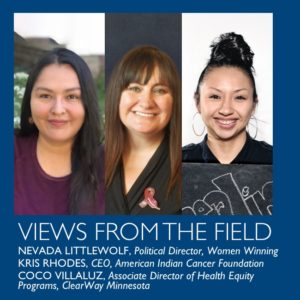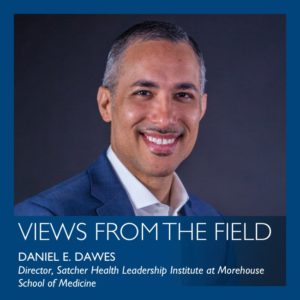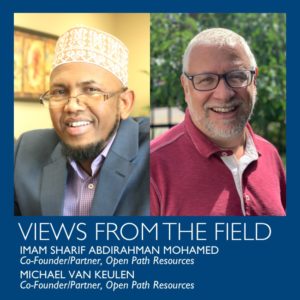Philanthropy @ Work – Transitions – August 2025
The latest on transitions from the field.
Pottstown Regional Community Foundation: August 2025
The Pottstown Regional Community Foundation (PRCF) will launch its 2025 Fall Grant Round. For this final grant round of the calendar year, the foundation prioritizes organizations that demonstrate clear alignment with PRCF’s Results Framework and have not yet received an award this calendar year. Competitive requests will be supported by goals stated in community and regional plans and address needs communicated in foundation or other research studies.
Philanthropy @ Work – Grants and Programs – August 2025
The latest on grants and programs from the field.
Creating A Force Multiplier – Why Advocates for Rural Health and Health Equity Should Work Together
Investment in rural communities and in organizations led by people of color is disproportionately low compared to their population size and need. There are relatively small groups of dedicated researchers, advocates, and policymakers committed to progress in each area. Funders can bring these groups together, thereby creating a force multiplier effect that could lead to significant improvements in health for all.
20 Years of Progress – Two Tobacco Ways in Indian Country
In order to respectfully and effectively address the harmful epidemic of cigarette smoking among American Indian adults, ClearWay Minnesota listened carefully to Native communities and adopted a model that focused on the dangers of commercial tobacco use while honoring the traditional healing traditions of tobacco. This model is referred to as the “two tobacco ways” framework and serves as an instructive illustration of how context is important in addressing health disparities and heath equity across communities.
The Air That We Breathe
We and many colleagues believe that, in order to strengthen responses to the pressing crises we face, we must consider some converging determinants of health—racism, climate change, and COVID-19—together. Doing so is essential, not just for crisis management, but also for building resilient systems and infrastructure that enable everyone, particularly Black, Indigenous, and people of color communities, to breathe.
Managing America’s Crises Means Addressing the Political Determinants of Health
Too often we stop at these social drivers of inequities, however, and miss the link between social determinants of health and their political roots. Every social determinant of health is preceded by a political action, inaction, or impetus. Political determinants of health create the social drivers—including poor environmental conditions, inadequate transportation, unsafe neighborhoods, and lack of healthy food options—that affect all other dynamics of health.
Health Equity … It’s a Journey, Not a Destination
COVID-19 has struck with a vengeance, hitting African Americans, older adults, and those with chronic health conditions the hardest. Simultaneously, our nation is experiencing a moment of reckoning, resulting from a long history of racism that has shaped the foundation of this country and thus permeates every system and institution.
Muslim Chaplaincy: Cultural and Faith Based Leadership for Better Health
For years, hospitals have offered interfaith chaplains to provide faith support for Muslim families. But over 95 percent of these chaplains come from Christian backgrounds. In Minnesota, which has a Muslim population of about 150,000, it has become clear that it could be enormously beneficial to integrate appropriate faith leaders into systems of care in order to overcome significant cultural gaps between community and health care providers and provide meaningful support to families facing critical life questions.
Contribute to the GIH Bulletin and Blog
If you are interested in contributing your story or expertise to the GIH community please review our Editorial Submission Guidelines.


